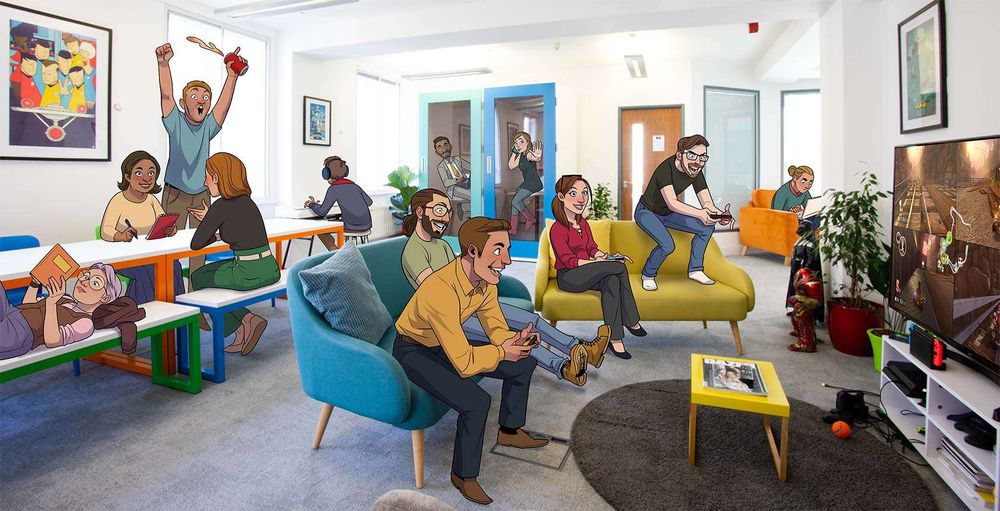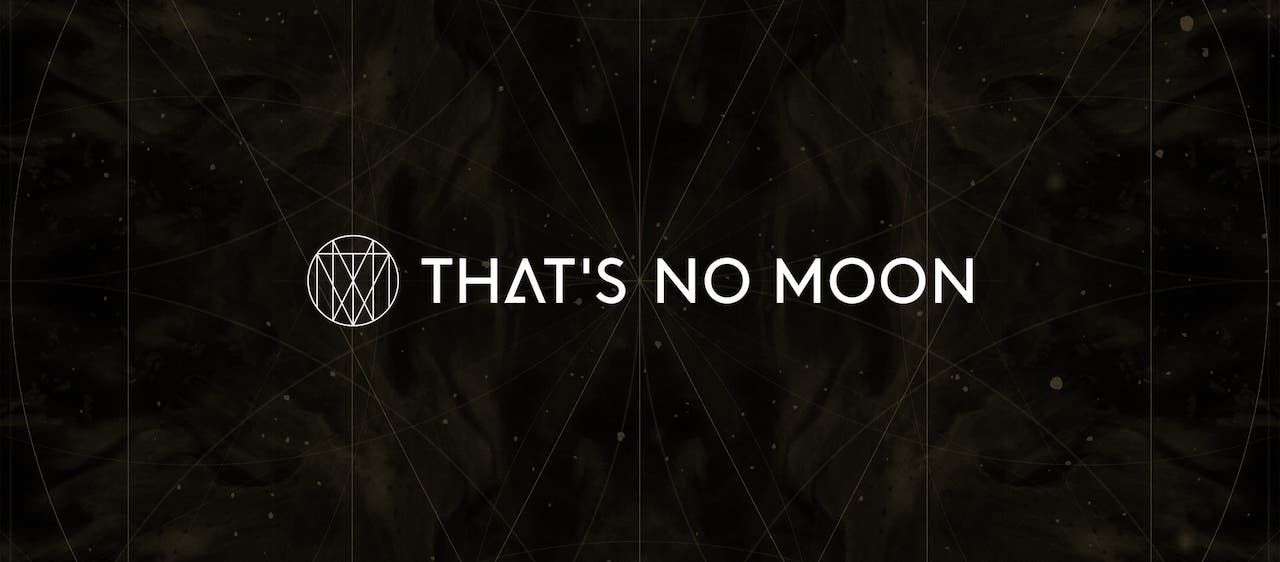
Recruiter tips to help you get a job in Film and Games
Making yourself stand-out against the masses of applications is a difficult task in any industry. Why should someone hire you over everyone else?

Making yourself stand-out against the masses of applications is a difficult task in any industry. Why should someone hire you over everyone else?
Making yourself stand-out against the masses of applications is a difficult task in any industry. Why should someone hire you over everyone else? What can you do to give your application the extra edge it needs over the rest? We reached out to to some recruiters who work or have previously worked in the VFX and video game industry to share their thoughts.
https://www.linkedin.com/in/kellybarschig
Currently I’m the VP of Talent Acquisition for a startup game studio called That's No Moon. I am helping recruit talent and grow our team from the very beginning of existence which is quite exciting. I’m also working on establishing a recruitment process, practice and culture for our studio.

I think the biggest hurdle for an emerging artist is really sticking out from the rest of the graduates or entry level artists if you haven’t gone to school. Because of that I feel it’s all about contacts you can make in the industry so you can establish relationships early on with people that support you getting into the industry you desire. I always encourage trying to get an internship if you are going to school. It’s the best way to utilise your resources and get that foot in the door!
I think the biggest hurdle for an emerging artist is really sticking out from the rest of the graduates or entry level artists if you haven’t gone to school.
The most miserable job applications are the applicants who apply to every position even when they aren't qualified, just to try and get a job. Recruiters notice that and are put off by the un-professionalism of their application process.
Any sort of technical skills. For example, if you are an artist it is good to have an understanding of the technical side of being an artist. You have Engineering as support when working on games or films, but it ensures you can speak their language a bit more. Also in general I think it is just more desirable from a recruiting perspective.
The biggest one I mentioned was applying for anything and everything even when they aren't qualified. Also leaving off their portfolio or website off their CV. Their resume could be amazing, but it's an extra step for the recruiter to then reach out and ask for their portfolio which they may not want to do with all the applications that come in.
1. Have good manners.
2. Be self-aware.
3. Don’t give up.
4. Have good communication.
5. Do your research (including the role you are applying for and the company).
https://au.linkedin.com/in/makeila-reyes-b9aa9542
I am currently the People & Culture Manager at a EdTech startup, Stile Education. Prior to this, I was the staffing coordinator at a VFX company from 2015 to 2018. At this company I supported Production by assisting with the estimation of how many artists we would need per project. I would also manage our job ads and interview pipeline. The biggest part of the role was ensuring that contracts were looked after (extensions, ending, etc).
I personally find that reels with passwords are quite annoying. I do understand that sometimes it's because of client confidentiality. So if you need to password protect, make sure we have easy access. Also avoid bar charts with your proficiencies. I don't know what that means. Just tell us in words what software you can use or are in the process of learning.
Also avoid bar charts with your proficiencies. I don't know what that means. Just tell us in words what software you can use or are in the process of learning.
It's interesting that I really only remember the bad ones. The one that really sticks out is the artist that tried to use our own CG Supervisor's work as their own. I also remember people sending their headshots in for the 'modelling artist' position clearly not reading that it's an asset artist... not a runway model.
Making yourself stand out. At my previous studio I got so many mediocre applications.
I do think that a lot of it was due to the fact that people were very stylised. When working in the movie industry, we need photorealistic imagery. Cater to your audience. Make a different reel to film than to games than to animation if that's what it takes. Or provide us with a good variety.
I think many artists are trying to get their foot in the door. Pay attention to whom you're addressing things to and send it to the right people. Also, all the advice given to the reels above. Take that seriously! It only takes 10-15 seconds for people to say no.
Don't try too many things too quickly. Try to master just a few pieces or shots. We rather see 5 great things than 10 mediocre things.
1. Keep your reel under 2 minutes.
2. Make sure your contact details are somewhere easy to find.
3. You don't have to take the entire 2 minutes. If you only have 30 seconds of amazing work, just use that. They're looking for quality over quantity.
4. Showcase your BEST work within the first 10 seconds. If you lead up to it, chances are they won't watch the entire reel if they're not drawn in.
5. This should go without saying but use your original work. I've seen so many artists try to put work in their reel that wasn't theirs; specifically it was one of our artists' work, so we caught on very quickly.